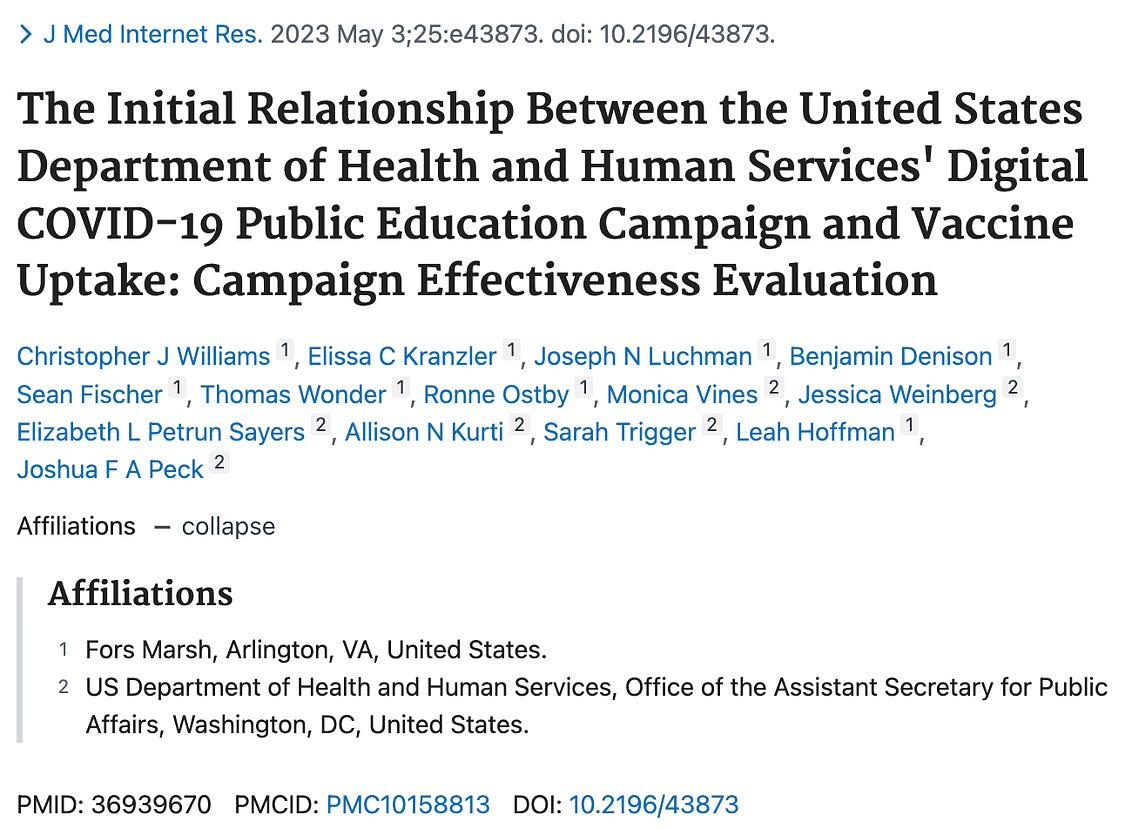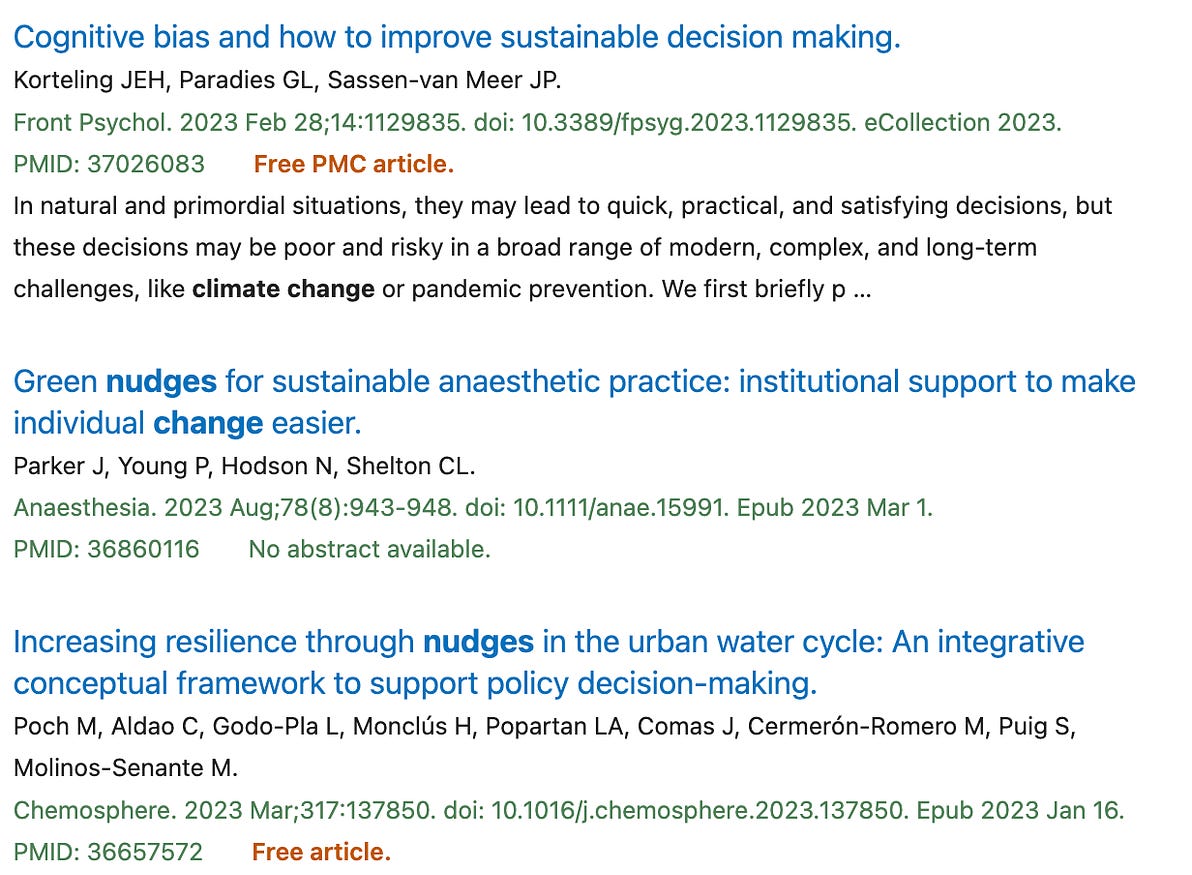Radiation Treatment Can Cause Cancer
Radiation treatment should be avoided as much as possible, since it’s toxic by nature. The side effects vary depending on the area of the body being treated. Along with fatigue, which is a near universal side effect of radiation therapy, you may experience any of the following:14
Hair loss | Memory problems | Nausea and vomiting |
Skin changes | Headaches | Blurry vision |
Swelling and tenderness | Throat problems, including trouble swallowing | Cough |
Shortness of breath | Mouth problems | Taste changes |
Less active thyroid gland | Diarrhea | Sexual problems |
Fertility problems | Urinary and bladder problems |
There’s also a risk that radiation therapy will lead to the development of a second cancer. Radiation exposure is a risk factor for most types of leukemia, along with myelodysplastic syndrome, a type of bone marrow cancer that may turn into leukemia.
Radiation therapy also increases the risk of solid tumors, including lung, thyroid, bone, pancreatic, stomach, liver and colorectal cancers, which often develop 10 years or more after the treatment. In one study of 52,613 patients who received radiation therapy, an increased risk of second cancer was found even after 40 years compared to the general population.15
“Radiotherapy has been considered as a double-edged sword as it has a well-established role in the management of solid cancers but unfortunately it is likely to induce cancers years after the treatment,” researchers explained in Radiation Oncology Journal.16 Chemotherapy is also linked with the development of second cancers.17
Susan Wadia-Ells, Ph.D., was inspired to write "Busting Breast Cancer: Five Simple Steps to Keep Breast Cancer Out of Your Body” after losing several friends to recurrent metastatic breast cancer, meaning cancer that was "successfully treated" at an early stage, only to later return as a terminal stage or metastatic disease.18
If you are going to submit your body to radiation, it’s best to protect your body with molecular hydrogen, probably two tablets twice a day for three days before and after the treatment. It would also be helpful to make sure you are taking 50 mg of niacinamide three times a day and methylene blue 50 mg once a day for a few days before and after the treatment.
Even Low-Dose Radiation Exposure Increases Cancer Deaths
Efforts to eliminate radiation therapy altogether may be necessary to protect cancer patients from subsequent cancers. A study that investigated workers in the nuclear industry in France, the U.K. and the U.S., who are exposed to low doses of ionizing radiation over longer periods of time, found an increased risk of cancer mortality.19
A linear increase in the relative rate of cancer was found with increasing radiation exposure, and risk of solid cancers increased by 52% for every unit of radiation each worker absorbed.20 The cancer risks from low-dose radiation exposure may, in fact, be underestimated. According to the study:21
“For the purposes of radiation protection, people often assume that low dose rate exposures pose less carcinogenic hazard than the high dose rate exposures experienced by the Japanese atomic bomb survivors ... Our study does not find evidence of reduced risk per unit dose for solid cancer among workers typically exposed to radiation at low dose rates.”
Sources and References
- 1 BitChute, Dr. Nathan Goodyear Discusses Benefits of Vitamin C in Cancer Treatment August 3, 2022
- 2 NIH National Cancer Institute, Cancer Statistics
- 3, 4, 5, 6, 9 STAT News August 15, 2023
- 7 Journal of Clinical Oncology 41, no. 17_suppl (June 10, 2023) LBA7505-LBA7505
- 8, 11 N Engl J Med 2022; 386:923-932
- 10, 13 STAT News March 9, 2022
- 12 N Engl J Med 2012; 366:1663-1673
- 14 NIH National Cancer Institute, Radiation Therapy Side Effects
- 15, 16 Radiat Oncol J. 2018 Jun; 36(2): 85–94. 3. Gynecological malignancies
- 17 American Cancer Society, Second Cancers Related to Treatment
- 18 BitChute, Dr. Mercola Interviews Susan Wadia-Ells May 6, 2021
- 19 BMJ 2023;382:e074520
- 20 Medical Xpress August 16, 2023
- 21 BMJ 2023;382:e074520, Comparison with other studies



